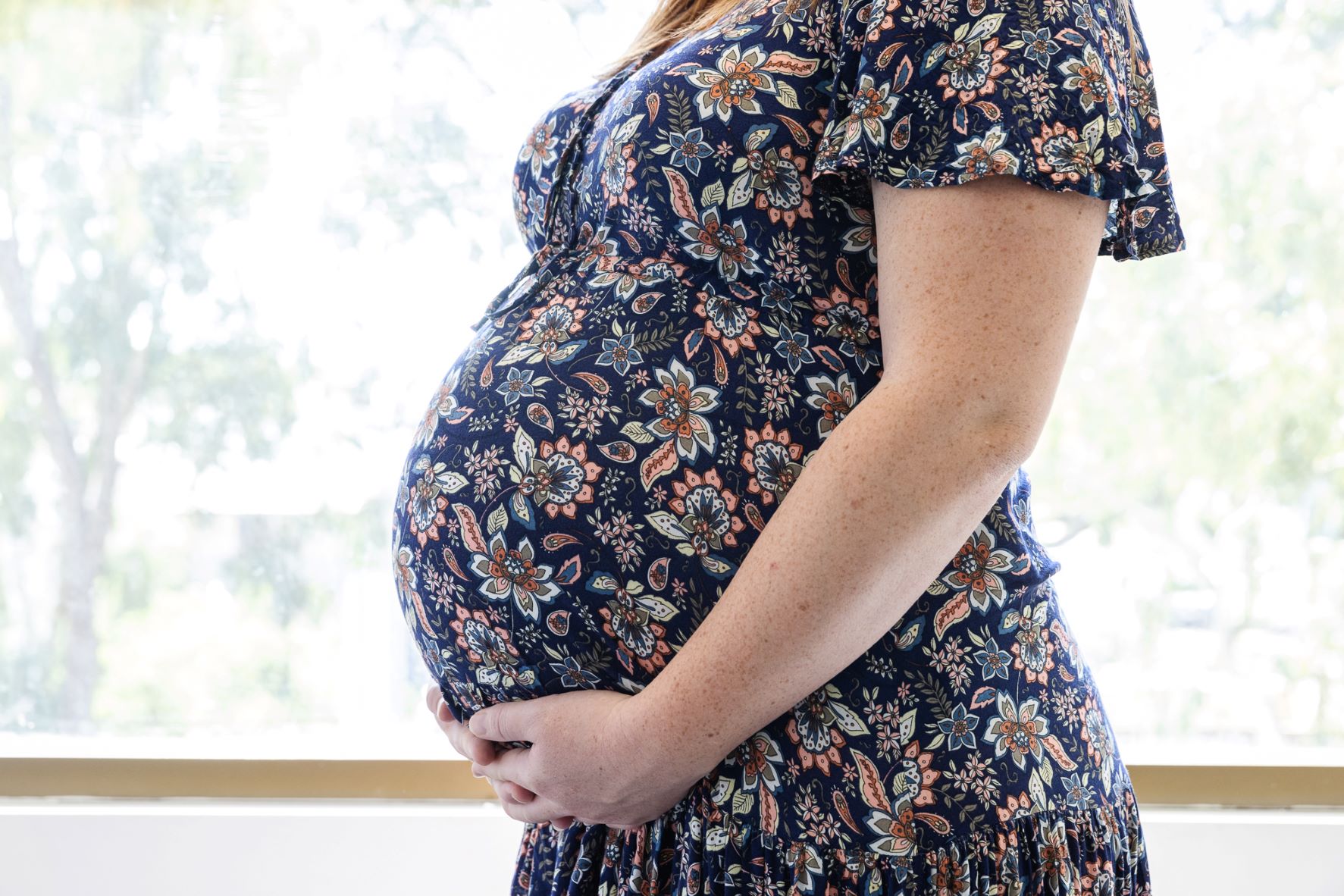Search

This project aims to investigate the impact of a non-severe burn injury on children's health for life.

The ORIGINS Community Wellbeing during COVID-19 Project is investigating the impact of the COVID-19 pandemic on emotional wellbeing, family functioning and perceived stress on families.

SYMBA is promoting gut health (symbiosis) with prebiotic fibre taken during pregnancy for prevention of allergic disease.

This research domain focuses on understanding how early biological and physical factors shape infant growth, body composition, and neurodevelopment from the earliest stages of life.

Determining the associations of sun exposure in early life on the development of non-communicable diseases.

Pregnancy Lifestyle Activity and Nutrition (PLAN)

News & Events
West Coast Cancer Meeting 2025Join us as WA’s cancer research community comes together at the inaugural West Coast Cancer Meeting.
Read about Biostatistician Grant Smith at the Children's Diabetes Centre.

We are trying to understand what underlies mental health problems in young people with diabetes, with a school-related focus, and how we can best treat them.

Our research focuses on what are the best ways for patients with type 1 diabetes to exercise safely.
